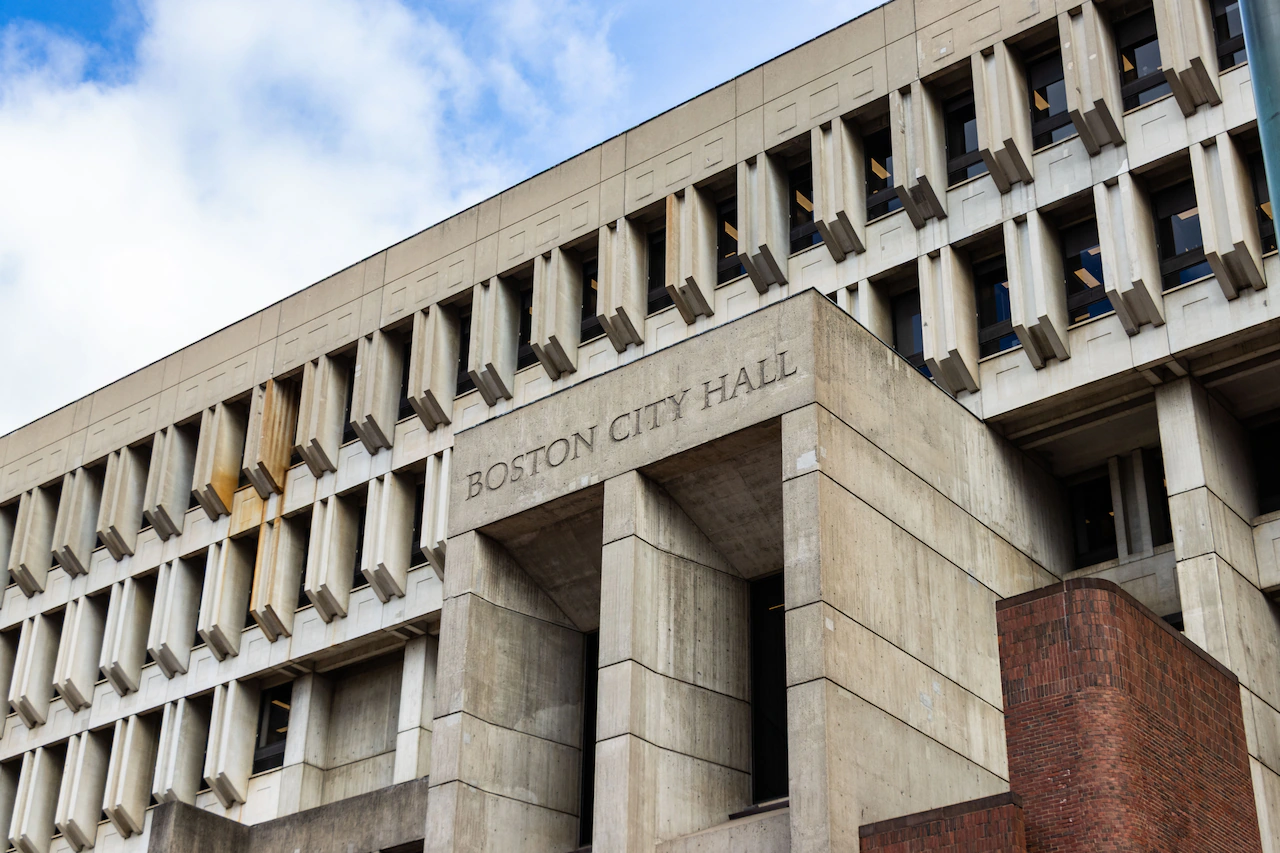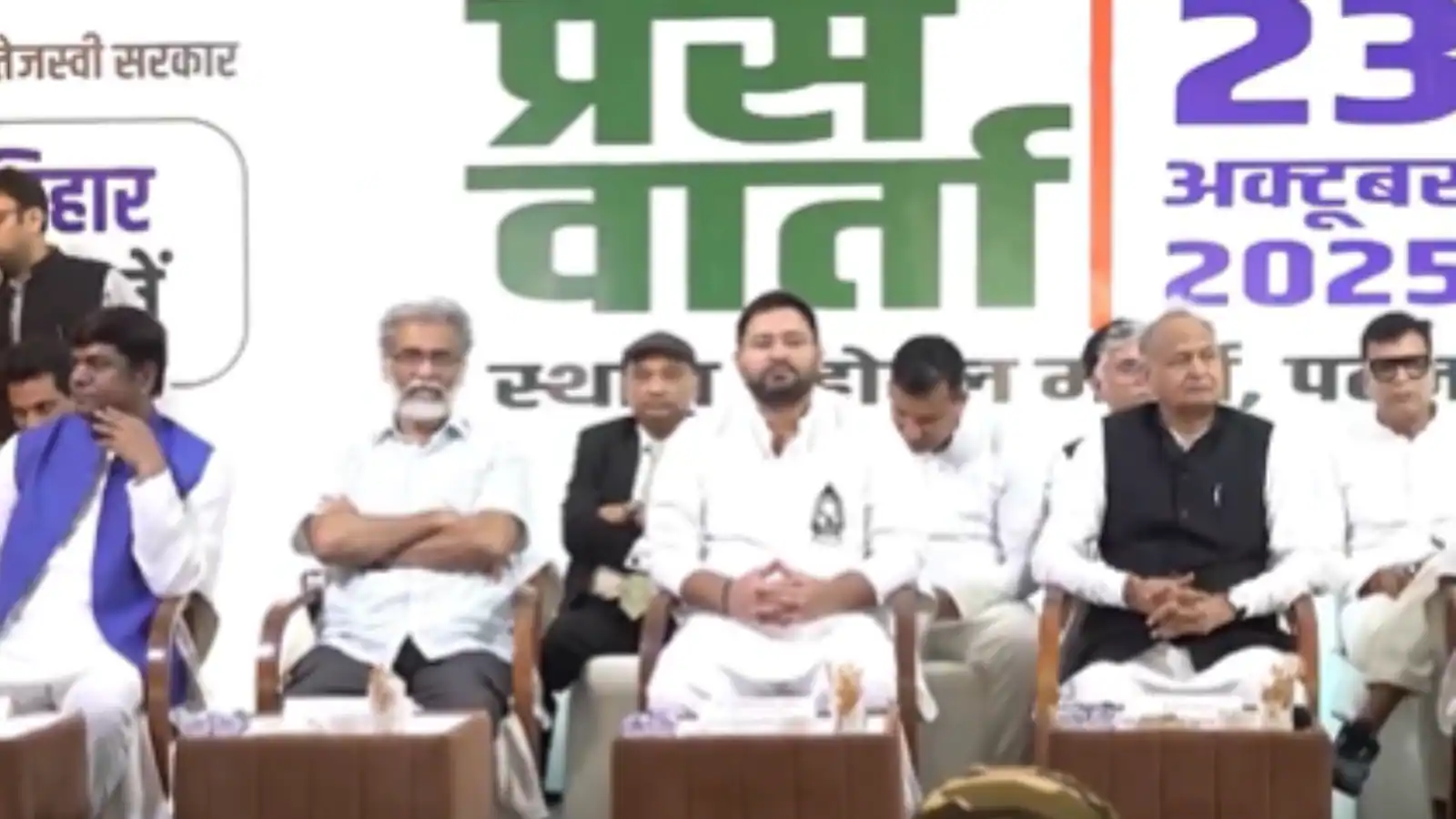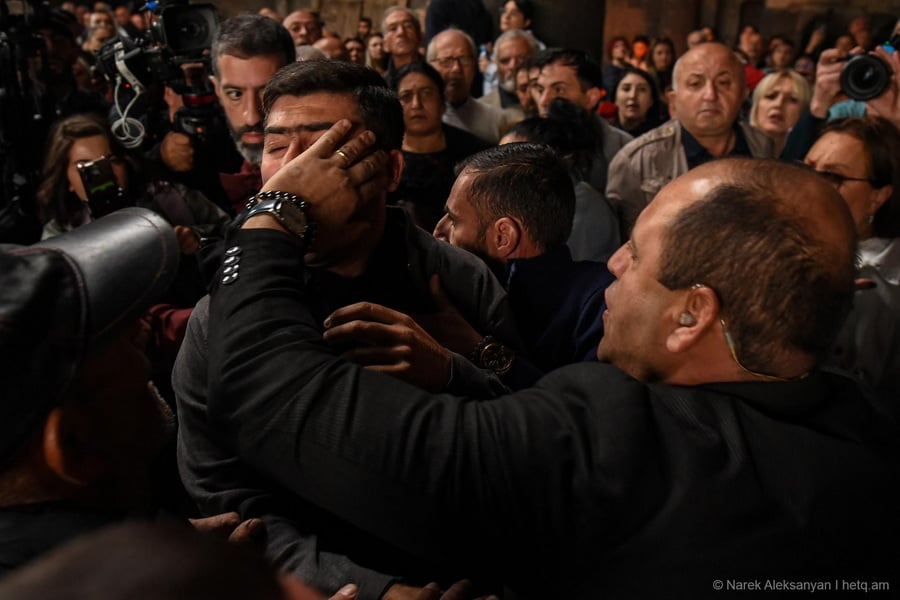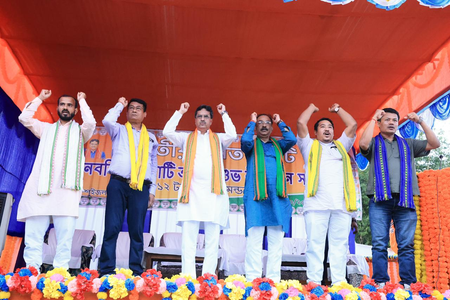Copyright MassLive

With Mayor Michelle Wu all but guaranteed to win reelection on Tuesday, Nov. 4, attention is instead turning to the City Council, where some key races could change Boston’s political dynamic. Particularly in the race for councilors-at-large, in which eight candidates are vying for four seats, an upset could result in more Wu-critical voices in office and potential obstacles for her second term. Here are the races to watch in this year’s general municipal election. Read more: Your guide to Massachusetts’ November elections Councilors-at-large Though the field includes four incumbents running to retain their seats, the at-large council race has the biggest potential to upset the balance of Boston city politics. Running for reelection are City Council President Ruthzee Louijeune and Councilors Erin Murphy, Julia Mejia and Henry Santana. Louijeune topped the preliminary ticket in September with 45,761 votes, more than 3,000 ahead of the second-place finisher, Mejia. Santana, the newest councilor-at-large, is largely considered the most vulnerable incumbent. He initially failed to gather enough signatures to qualify for the ballot. Wu’s campaign stepped in at the last minute to help. While still placing in the top four in September, Santana came in more than 8,000 votes behind Murphy, and a little over 4,000 ahead of former District 3 Councilor Frank Baker. Baker previously served six terms on the council before announcing in 2023 that he would not run for reelection. During his time in office, he was typically one of the most conservative voices on the council. “Since I stepped back from my role on the City Council, I have heard a steady beat of Bostonians urging me to step back in and get involved,” Baker wrote on X in May when he announced his campaign, adding that he would be a “strong independent voice” for Boston. Against the progressive Santana, one of Wu’s strongest allies on the council, Baker stands to shift the balance on the governing body if he returns to office. The mayor’s loudest critics on the current council have typically been Murphy and District 2 Councilor Ed Flynn, both expected to retain their seats. “It’s almost impossible to believe that Ed Flynn won’t win and that Murphy won’t win, and the real question is, can Baker win too? And that gives you three white moderates,” said political consultant Michael Goldman, adding that in progressive Boston, there are few true conservatives in office. Baker has raised far more than any other City Council candidate this year, bringing in more than $256,000, more than twice Flynn’s $121,000, the next-highest. Santana, in contrast, has raised just over $59,000. Baker has also received the endorsement of former Mayor Marty Walsh, who called him “a balanced voice that’s needed in the council,” according to the Boston Globe. But Santana is not without his own support. Since Josh Kraft dropped out of the mayoral race in September, Wu has focused her campaign efforts instead on boosting him. The super PAC Bold Boston, which supported her in September, transferred $125,000 to a new super PAC, Boston Voice, to pay for mailers in support of Santana, according to MASSterlist. He has also gotten the endorsement of seven of his 12 council colleagues, U.S. Sen. Ed Markey, D-Mass., state Sen. Lydia Edwards, D-3rd Suffolk, eight state representatives for Boston and District Attorney Kevin Hayden. Goldman said the biggest determining factor for the race will be which candidates manage to motivate their base to come out and vote. levelsTurnout was low in the September preliminary election, and without a mayoral race, it’s likely to stay that way, which typically benefits incumbents with name recognition. “I’ll be looking to see whether Frank Baker becomes another part of the coalition that agrees they need to keep Wu’s feet to the fire, or whether ... she gets an easier next four years,” Goldman said. District 7 councilor In the only open Council race this year, pastor and former federal housing official Miniard Culpepper and youth track coach Said Ahmed are facing off to replace former District 7 Councilor Tania Fernandes Anderson. Fernandes Anderson was convicted this year on federal corruption charges and is currently serving a one-month sentence. In the September preliminary election, there were 13 candidates for the District 7 seat, making for an incredibly close race. Ahmed ultimately came out on top with 1,170 votes, just 58 more than Culpepper, who in turn had just 25 more votes than the next runner-up. The close results — and the fact that close to 70% of the votes cast in September were for candidates who are no longer in the race — make it difficult to predict the outcome in the general election. Ahmed, commonly known as “Coach,” is a former refugee from Somalia who came to the United States at 12 years old, according to his campaign bio. He attended Boston Public Schools, where he became a national track champion, and continued in track and field during and after college. He later worked for BPS for 15 years and has also received a master’s degree and a Ph.D. in governance and development. Culpepper grew up in Dorchester, where his grandparents were the first Black family to buy a house on their street, according to his website. After college, he attended Howard Divinity School and Suffolk University Law School before working as an attorney. Much of his work has focused on housing, both on the national and local levels, including promoting civil rights protections in Boston’s public housing. Culpepper has pulled several big-name endorsements, including Bay State Democratic U.S. Sens. Elizabeth Warren and Ed Markey, U.S. Rep. Ayanna Pressley, D-7th District, Suffolk County District Attorney Kevin Hayden, the Boston Teachers Union and the Boston Globe. He has also gained the support of three of the candidates who were eliminated in September. Other district races Two incumbents, District 3 Councilor John FitzGerald and District 8 Councilor Sharon Durkan, are running unopposed for reelection. The remaining district councilors, however, are facing challengers. But based on the results of the September preliminary, it’s unlikely that many will be forced out this year. The closest race was in District 5, where Councilor Enrique Pepén — another Wu ally — received 63.4% of the vote to the 23.6% that went to candidate Winston Pierre, the second-place finisher who will be listed on the Nov. 4 ballot. The widest gap was in District 2, home of Councilor Ed Flynn, one of the current council’s more conservative members and a frequent critic of the mayor’s. Flynn took home 86.3% of the vote in September, all but guaranteeing him a fifth term in his campaign against candidate Charles Delaney. The other races that were previously on the ballot in September were District 1, where Councilor Gabriela Coletta Zapata is running against Andretti McDuffie-Stanziani, and District 4, where Councilor Brian Worrell is running against Helen Cameron. Districts 6 and 9 did not hold preliminary elections as only two candidates are running in each district. District 6 Councilor Ben Weber is running for reelection against Steven Berry and District 9 Councilor Liz Breadon is running for reelection against Pilar Ortiz.



